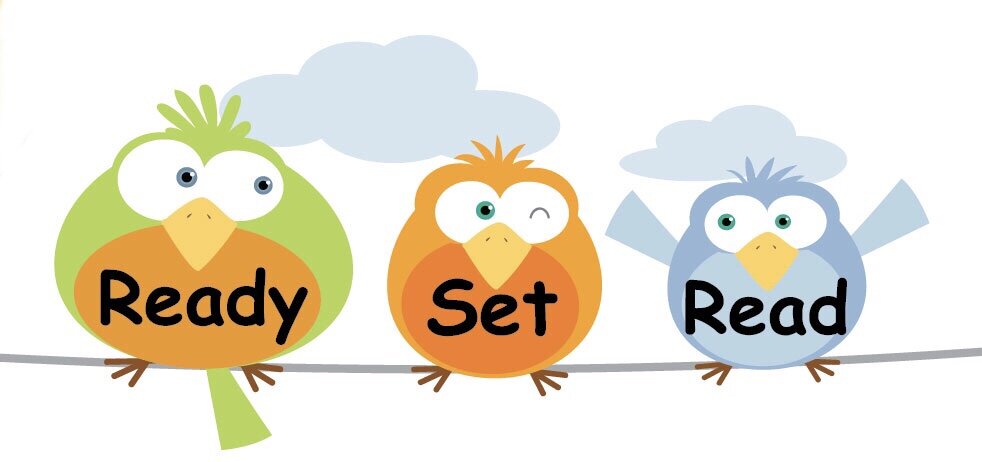Adult Characteristics
General
Appears intelligent, but has difficulty with written symbols (reading, writing or math).
Described as being lazy, careless, immature or as an "over-achiever."
Low self-esteem, fights depression, self-conscious or hides and covers up weaknesses.
Talented in art, drama, music, sports, mechanics, story-telling, sales, business, designing, building, computers or engineering.
Learns best through hands-on experience, demonstrations, experimentation, observation and visual aids. (May struggle with lectures)
Confused by verbal or written instructions.
Remembers struggling in school or may have children who are struggling in school.
Work related
Employed in areas that emphasize use of visual imagery. (Entrepreneurs, engineers, tradesmen, artists, executives, ITs, salesmen or athletes.)
Difficulty focussing on the task at hand: may excel at multitasking.
Has difficulty with or is stressed by organizing meetings or events.
Inability to follow-through, finish tasks or consistently hold a job.
Unable to advance in the workplace due to a fear of, or inability to complete written exams.
Vision and reading
Experiences headaches, stomach aches or stress while reading.
Confused by letters, numbers, words or sequences.
Unaware that reading or writing shows repetitions, additions, transpositions, omissions, substitutions and reversals in letters, numbers and/or words.
Proof-reading is ineffective.
Extremely keen sighted, observant, or lacks depth perception or peripheral vision.
Avoids reading aloud; finds silent reading easier.
Needs to reread information several times in order to comprehend.
Gets tired or bored easily from reading.
Writing and spelling
Difficulty filling out forms.
Trouble with writing or copying, pencil grip is unusual, hand cramps up, handwriting varies or is illegible. Poor spelling; relies on "spell-check" before sending emails, memos or documents
Uses only capitals letters or mixes upper case and lower case when writing; combines cursive and print; frequently abbreviates words.
May alter word choice when writing - to avoid spelling mistakes.
Hearing and speech
Appears to hear things not said or apparent to others; argues frequently; often accused of "not listening."
Difficulty putting thoughts into words, stutters under stress, mispronounces long words, or transposes phrases, words and syllables when speaking.
Easily distracted or frustrated by sounds when trying to focus.

